47 GPTs for Clinical Trials Powered by AI for Free of 2025
AI GPTs for Clinical Trials refer to advanced artificial intelligence tools specifically designed to assist in various aspects of clinical trials. Utilizing Generative Pre-trained Transformers (GPTs), these tools offer tailored solutions in managing, analyzing, and facilitating clinical trials. Their relevance lies in their ability to process vast amounts of data and generate meaningful insights, significantly improving efficiency and decision-making in clinical research.
Top 10 GPTs for Clinical Trials are: Endocrinologist (Research),Longitudinal and Survival Analysis,Epigenetic and Genetic Research to Cure Autism,RoBDA - RCT,美国就医助手/靶向药/治疗方案/信凯尔硅谷,OncoFile Manager,PanCancer Guide,MediKnowledge,AI in Drug Discovery and Pharma GPT,Biostatistics Helper
Endocrinologist (Research)
Empowering endocrinology research with AI

Longitudinal and Survival Analysis
Unlocking patterns in survival data with AI
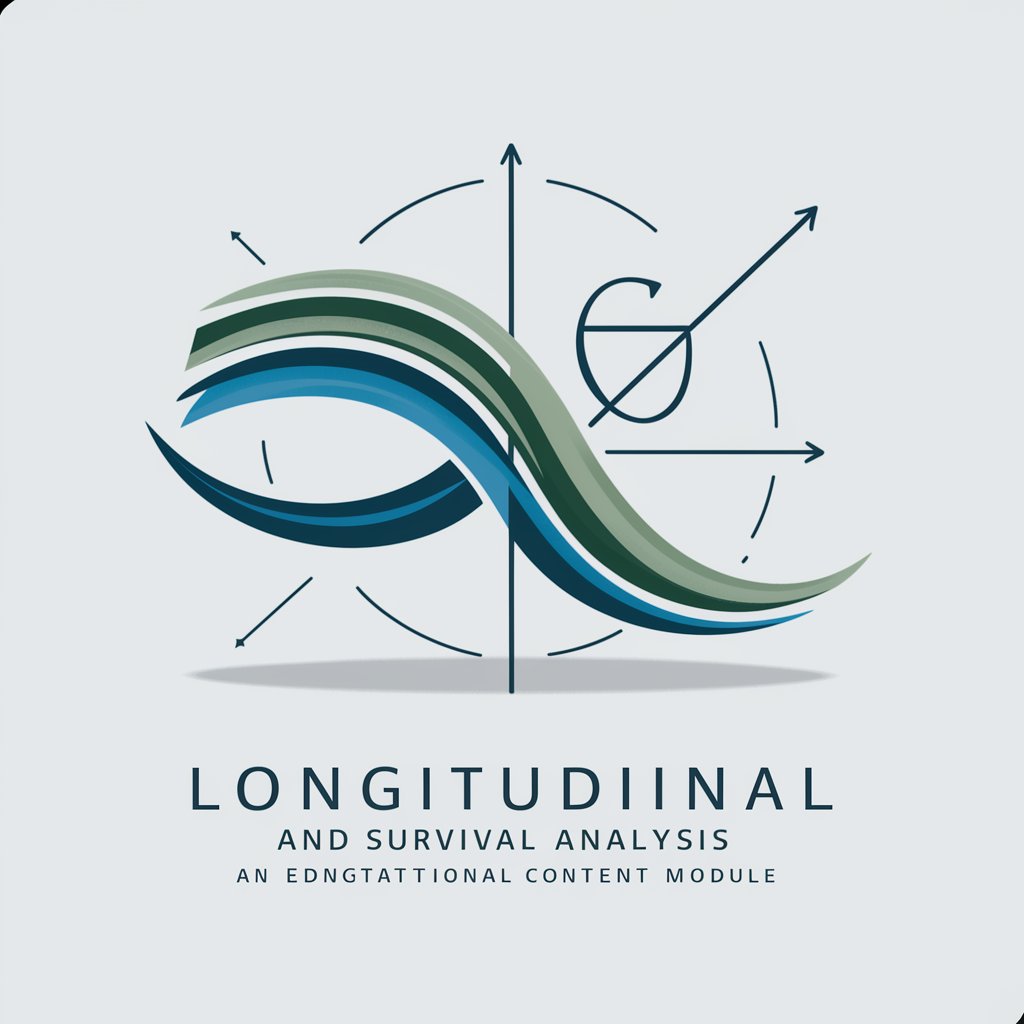
Epigenetic and Genetic Research to Cure Autism
Unraveling Autism's Genetic Secrets with AI
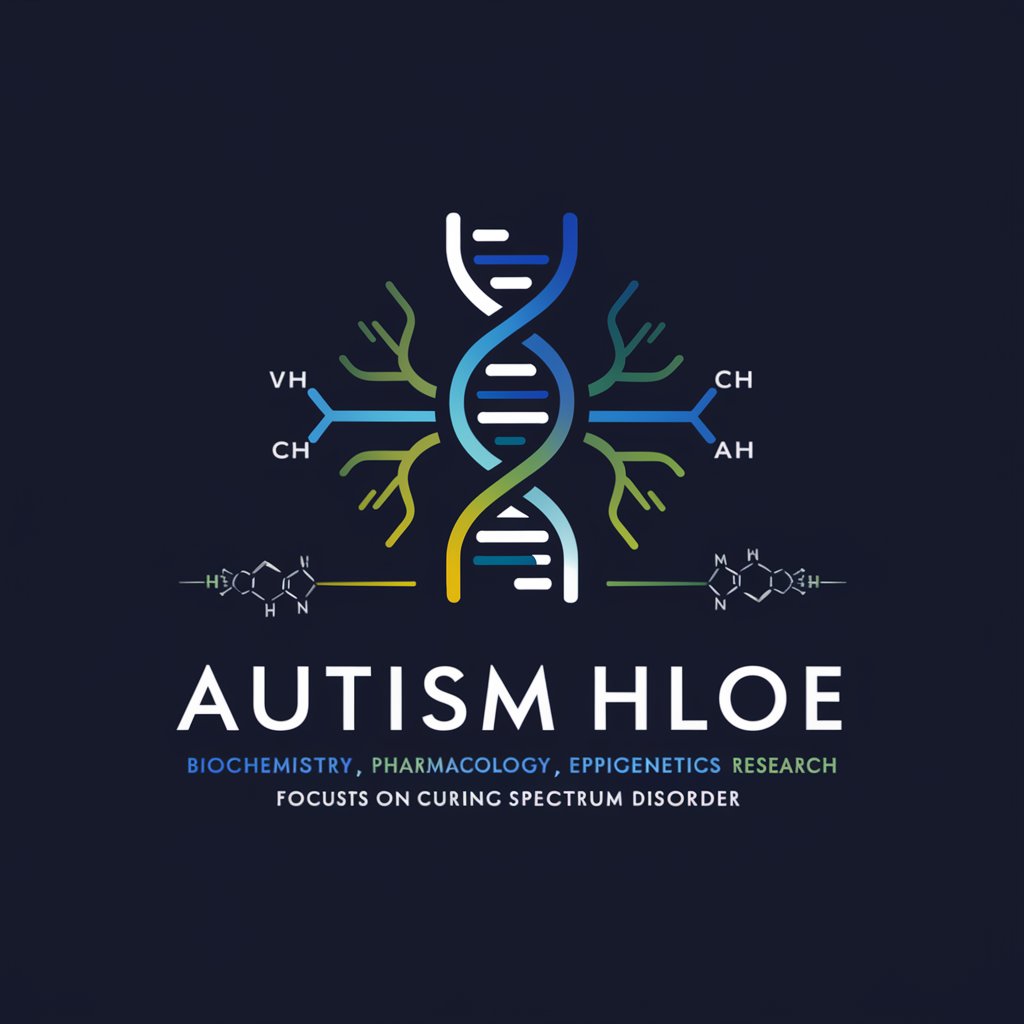
RoBDA - RCT
AI-driven RCT Bias Analysis
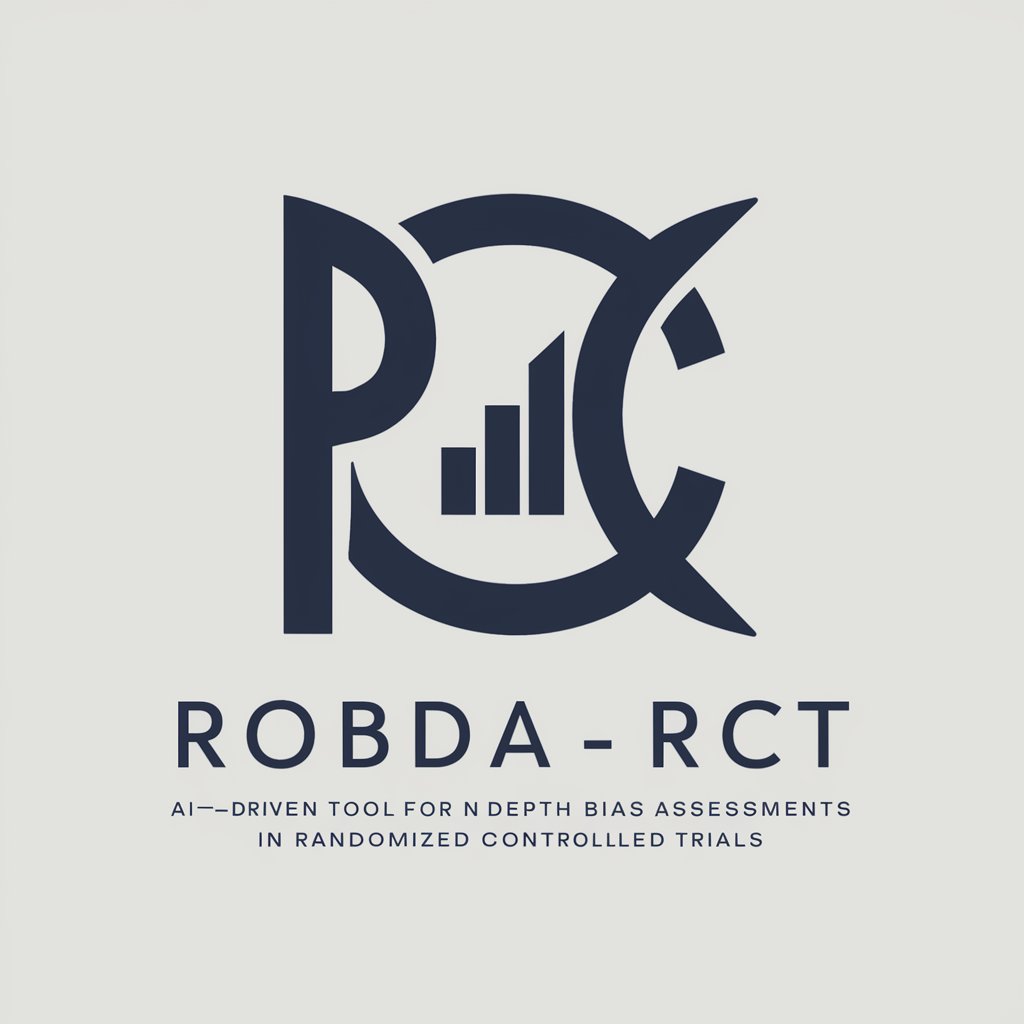
美国就医助手/靶向药/治疗方案/信凯尔硅谷
AI-powered US Medical Guidance

OncoFile Manager
Empowering Oncology with AI
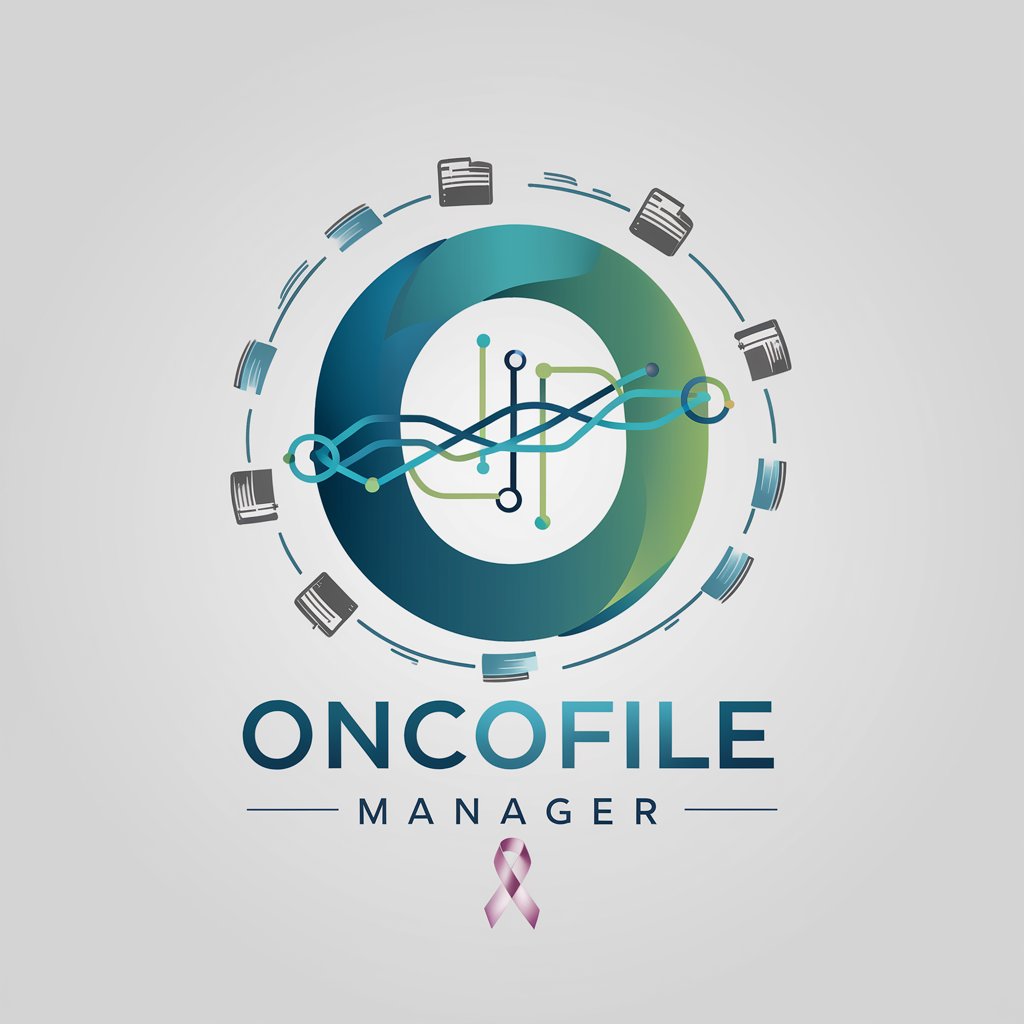
PanCancer Guide
Empowering insights with AI-driven data on pancreatic cancer.

MediKnowledge
Powering Your Science with AI

AI in Drug Discovery and Pharma GPT
Empowering Pharma Innovation with AI
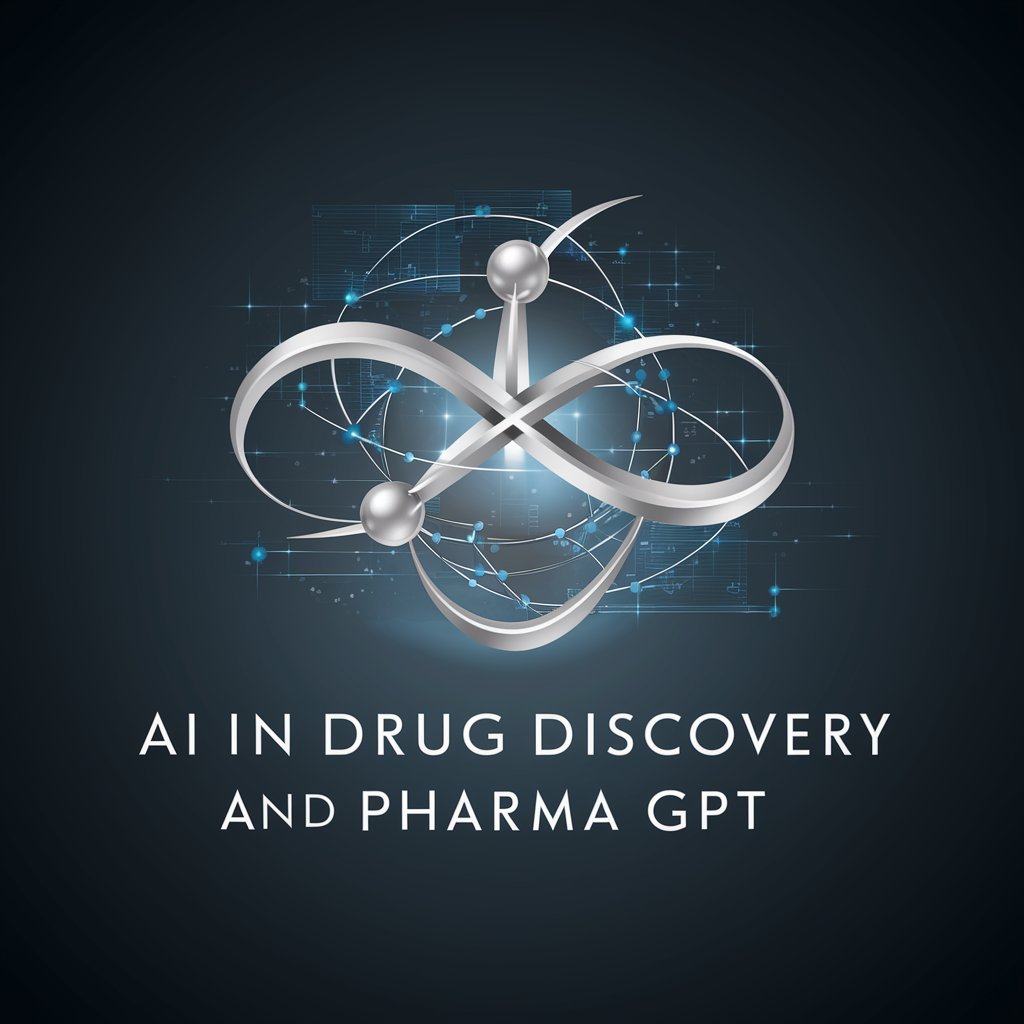
Biostatistics Helper
Empowering Data-Driven Decisions in Biomedicine

Drug Hunting
AI-powered precision in drug discovery

ADC Tracker
Empowering ADC Insights with AI
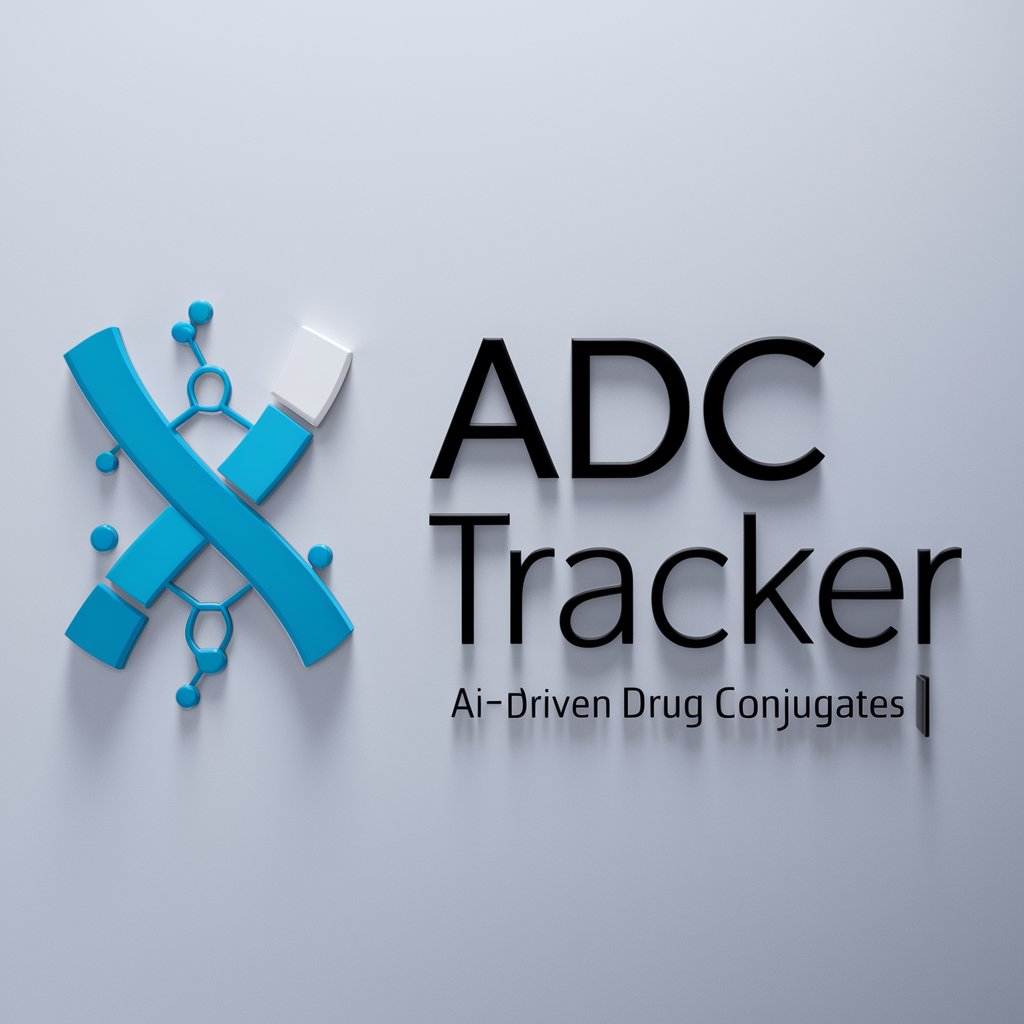
🔬 MedExplorer Pharma Wizard 🧬
Empowering Pharmaceutical Intelligence

MedicToday
Empowering Healthcare Decisions with AI

Phage Expert
Empowering Bacteriophage Research with AI

🔬DataRx Clinical Insights🩺
Empower Clinical Decisions with AI

Life Sciences Strategist
Empowering Life Sciences with AI Strategy
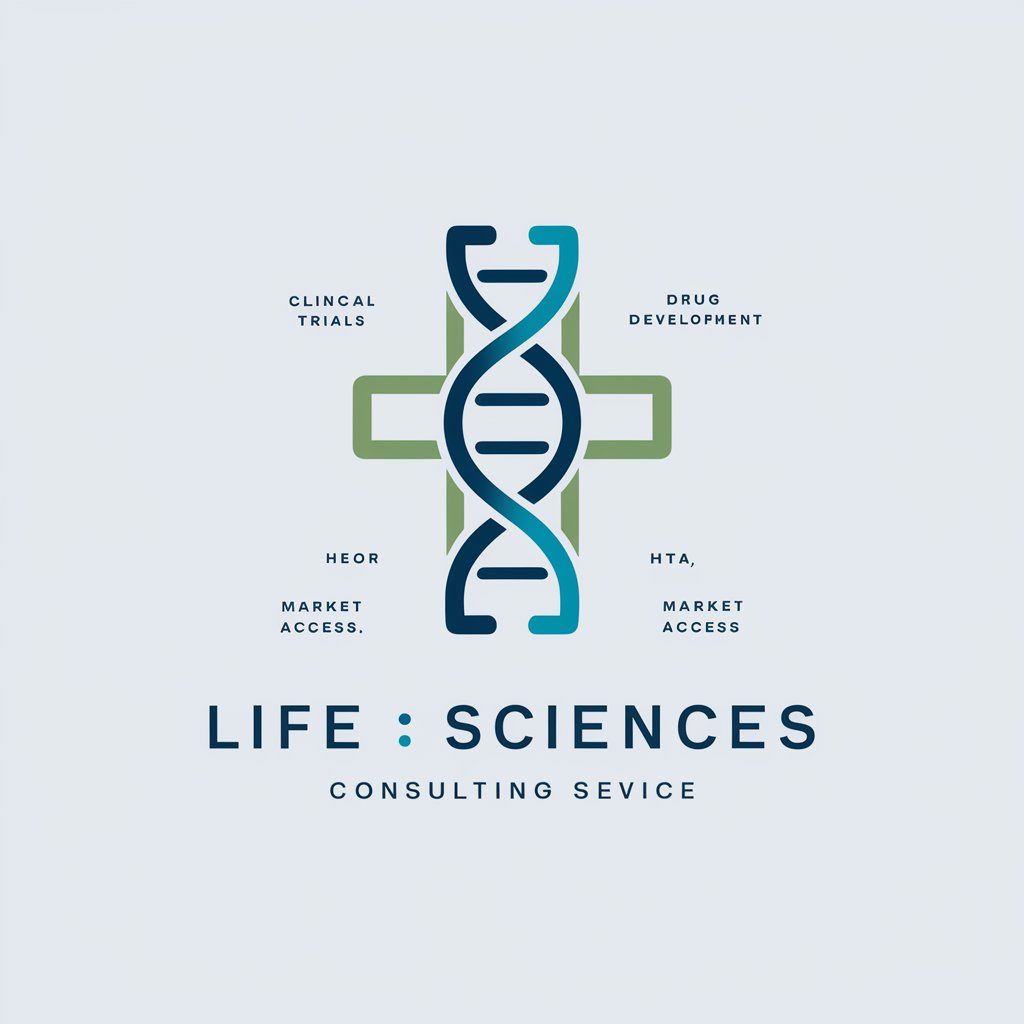
Cure Me
Empowering drug discovery with AI
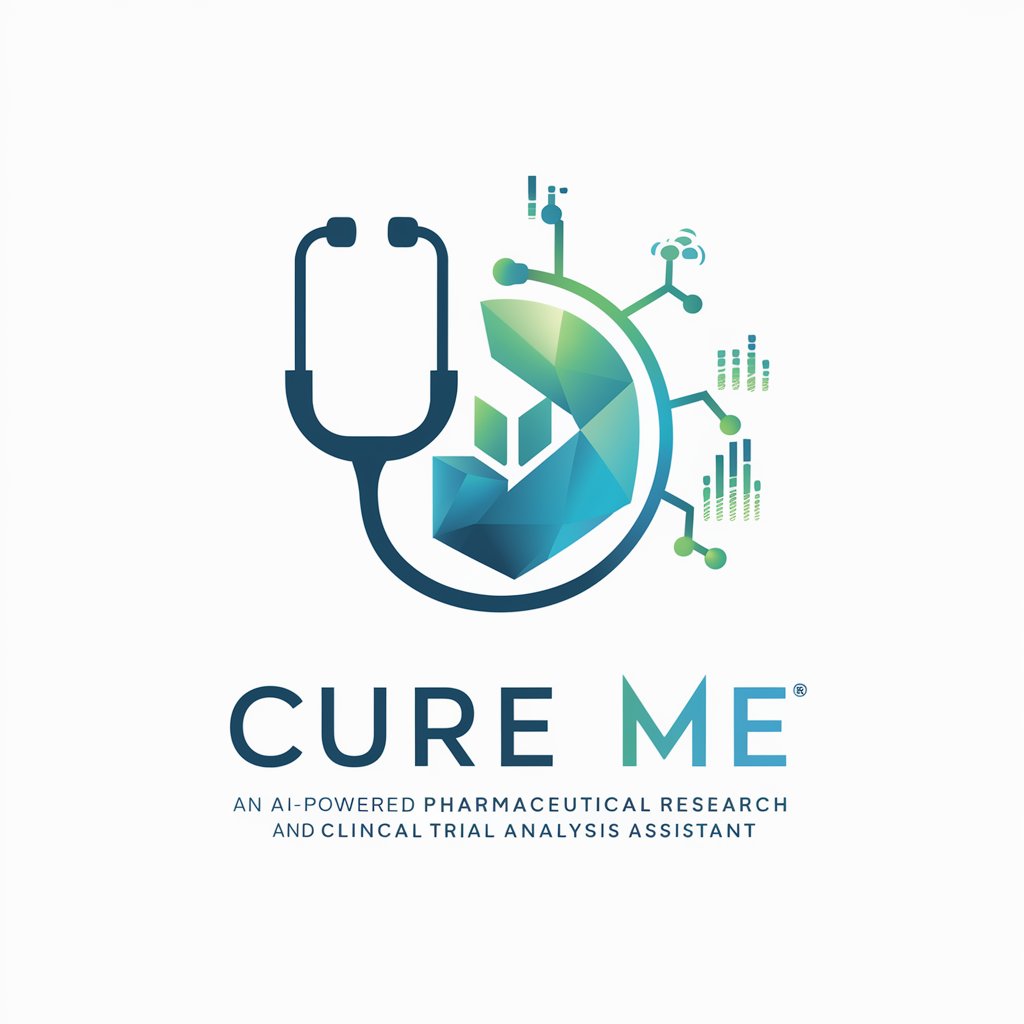
Haru Helper
Empowering Patients with AI-Driven Support
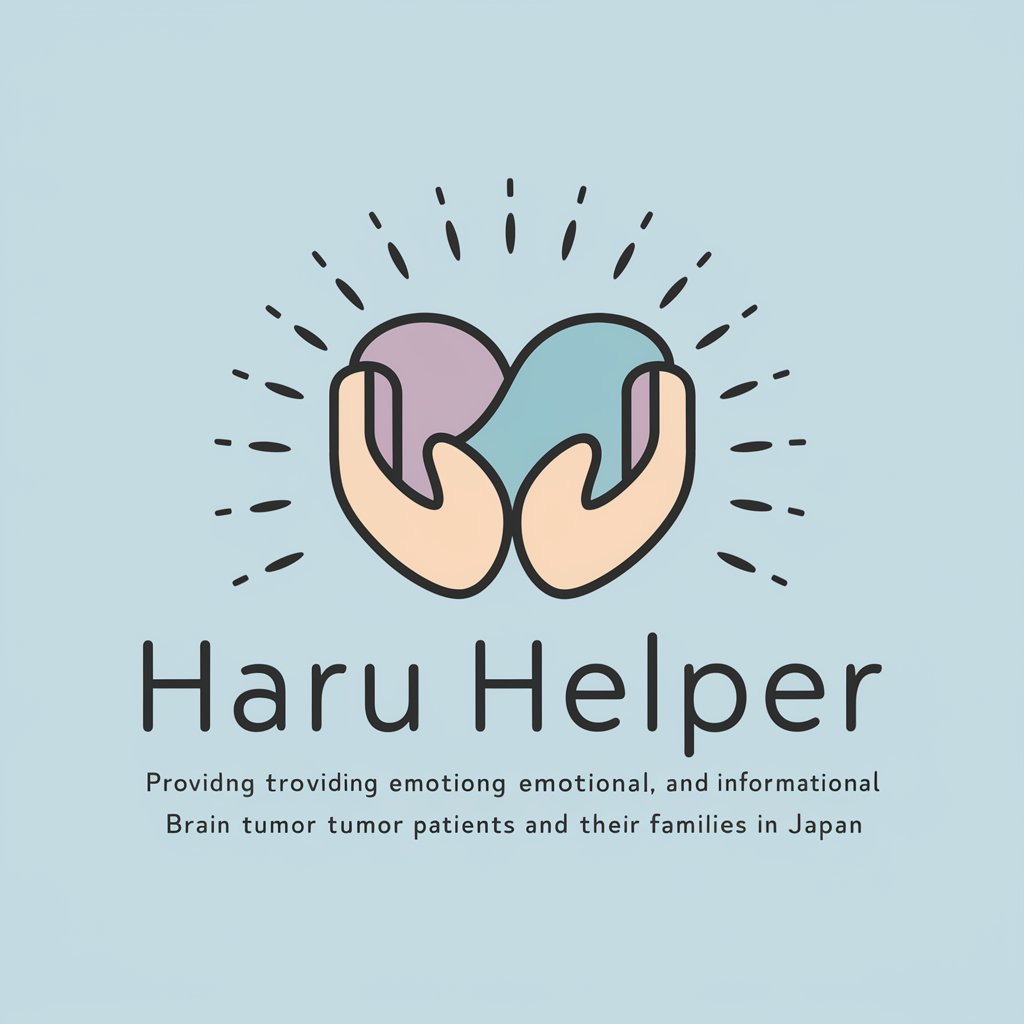
ConsentGPT
Automating Informed Consents with AI
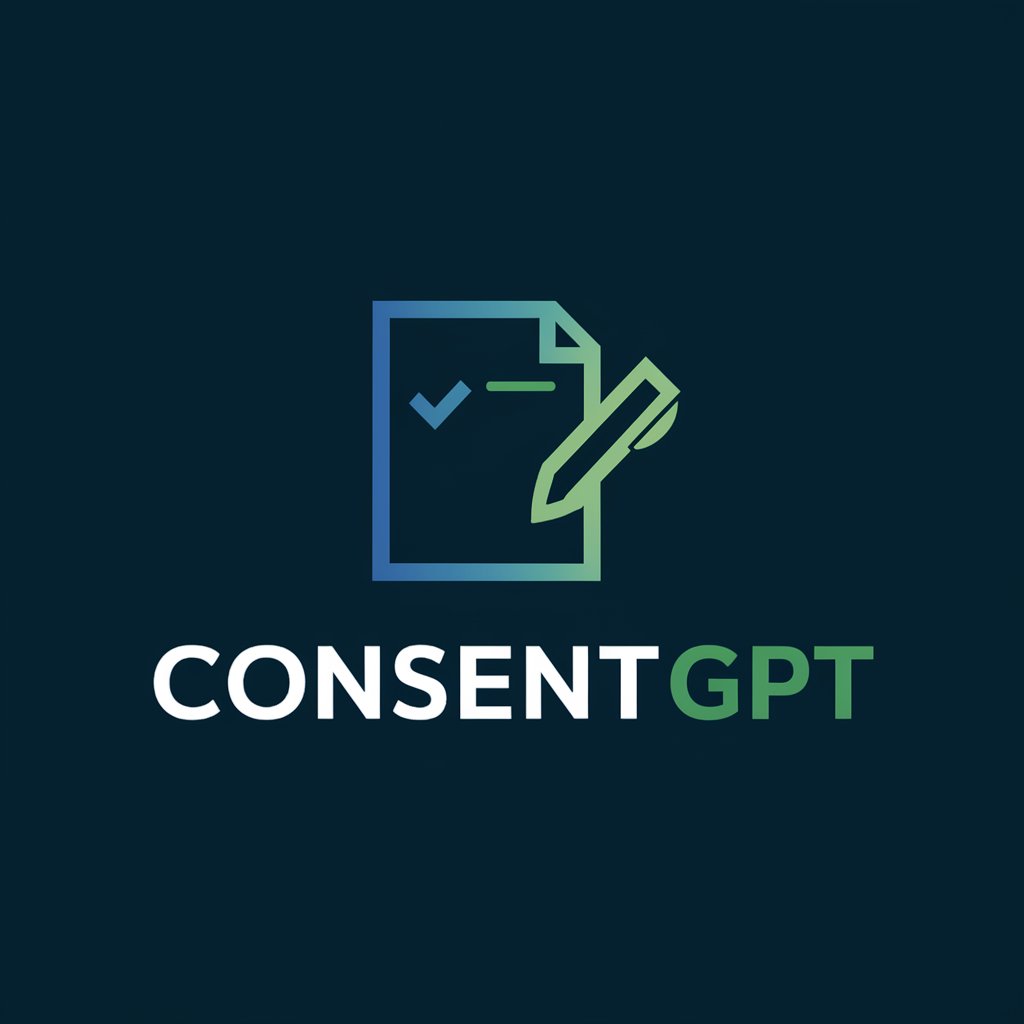
Pharma Expert AI
Empowering Pharma Decisions with AI

MedigateNews
Empowering Healthcare Professionals with AI-Driven Insights

Common Terminology Criteria for Adverse Events
Standardizing Adverse Event Reporting with AI
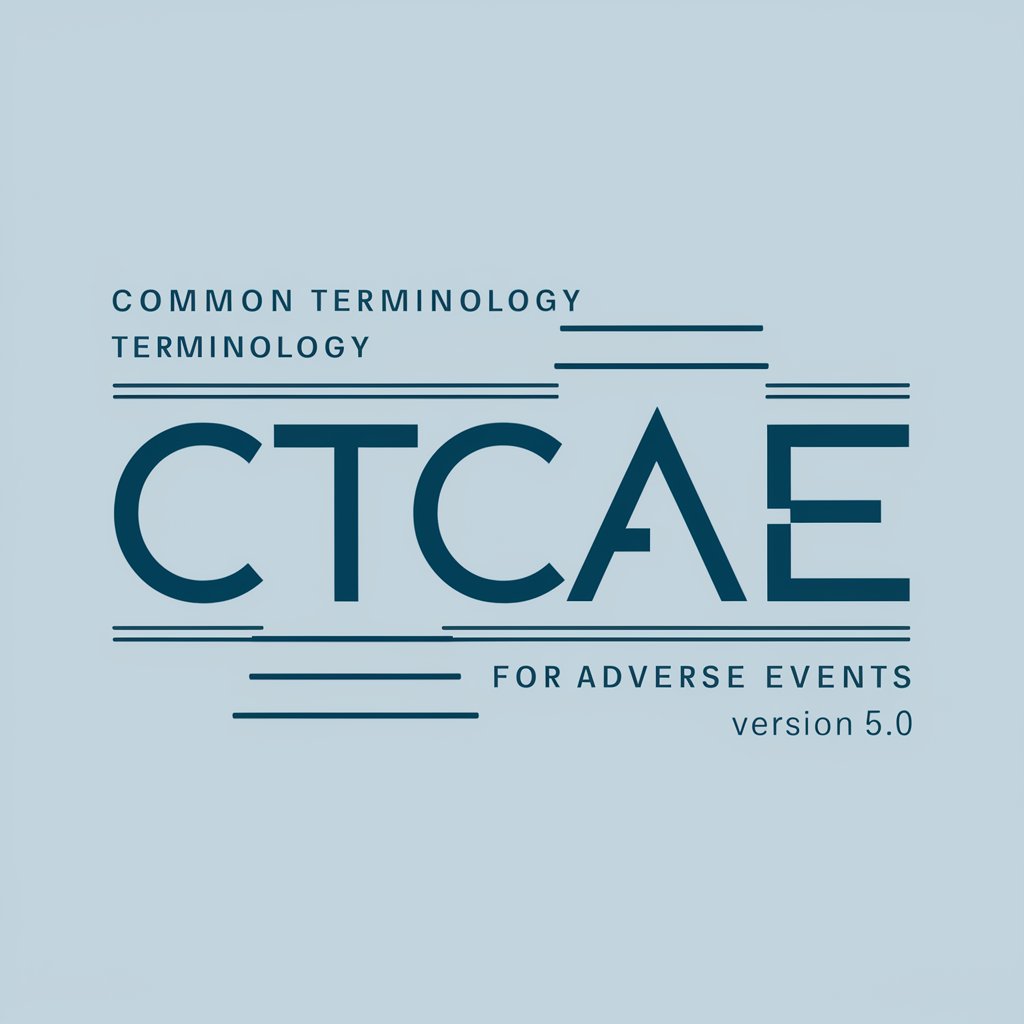
AI Research Assistant
Powering Research with AI
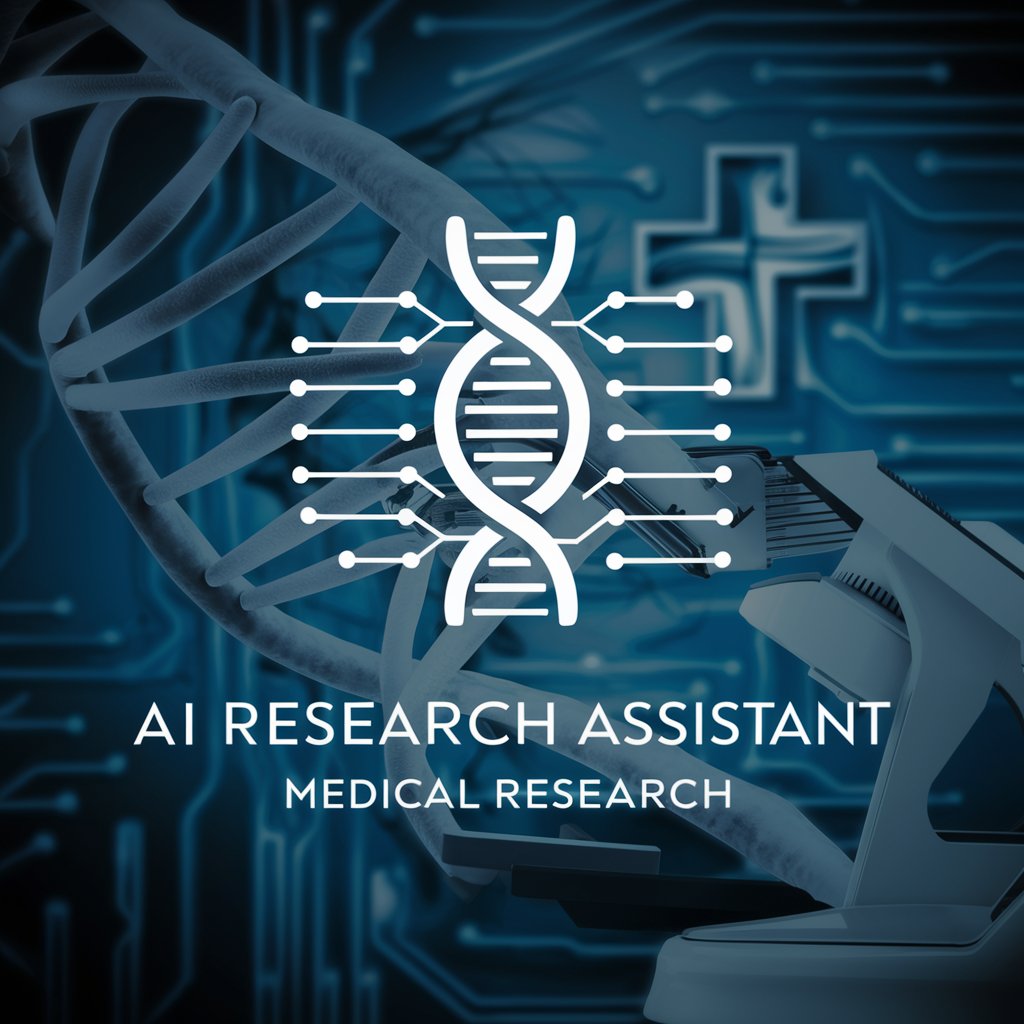
Key Attributes of Clinical Trials AI
These AI GPTs tools stand out for their adaptability, capable of handling tasks ranging from simple data entry to complex predictive analysis. Key features include advanced language processing for understanding medical texts, technical support for complex research scenarios, web searching for latest trial data, image creation for data visualization, and robust data analysis capabilities. This adaptability makes them particularly valuable in the dynamic field of clinical trials.
Intended Users of Clinical Trial AI Tools
The primary users of these AI GPTs tools encompass a wide range, from novices in the clinical research field to experienced developers and professionals. They are designed to be user-friendly for those without programming skills, while also offering advanced customization options for tech-savvy users. This dual approach ensures that the tools are accessible and beneficial to a diverse group of individuals involved in clinical trials.
Try Our other AI GPTs tools for Free
Disaster Preparedness
Explore AI GPT tools designed for Disaster Preparedness, enhancing response strategies and risk assessment with real-time data analysis and predictive modeling. Ideal for professionals and communities aiming for resilience.
Water Purification
Discover how AI GPTs are transforming water purification with tailored, efficient solutions for analysis, optimization, and education in sustainable water management.
Survival Skills
Discover AI GPTs for Survival Skills: Tailored AI solutions for emergency preparedness and wilderness survival, offering personalized advice and strategies for a wide range of scenarios.
Public Debate
Discover AI GPTs for Public Debate: Transforming discussions with AI-driven insights and argumentation. Enhance your debates with tailored, intelligent support.
Dementia Prevention
Explore cutting-edge AI GPT tools designed for dementia prevention, offering personalized health insights and cognitive exercises to support brain health.
Cognitive Wellness
Explore AI GPTs for Cognitive Wellness: Empowering mental health with advanced, interactive AI tools designed to support and enhance cognitive functions and emotional well-being.
Further Perspectives on Clinical Trial AI
AI GPTs in clinical trials offer innovative solutions across various sectors, emphasizing user-friendly interfaces and seamless integration with existing systems. Their ability to adapt to specific needs and processes within clinical trials makes them a valuable asset in optimizing research outcomes and efficiency.
Frequently Asked Questions
What are AI GPTs for Clinical Trials?
AI GPTs for Clinical Trials are advanced AI tools designed to support and enhance the various stages of clinical trials through data processing, analysis, and predictive insights.
Who can benefit from these tools?
Both novices and professionals in clinical trials, including researchers, data analysts, and developers, can benefit from these tools.
Do I need programming skills to use these tools?
No, these tools are designed to be accessible to users without programming skills, while also offering advanced features for those with technical expertise.
Can these tools process medical language?
Yes, they are equipped with advanced language processing capabilities to understand and interpret medical texts and terminology.
Are these tools adaptable to different clinical trial phases?
Yes, their adaptability allows them to be tailored for various tasks and challenges across different phases of clinical trials.
Can AI GPTs assist in data visualization?
Yes, they can create visual representations of data, aiding in easier interpretation and analysis.
How do these tools integrate with existing systems?
They are designed to be compatible with existing clinical trial management systems, allowing for seamless integration.
Can these tools predict trial outcomes?
Yes, they can analyze data to make predictive insights about trial outcomes, enhancing decision-making processes.